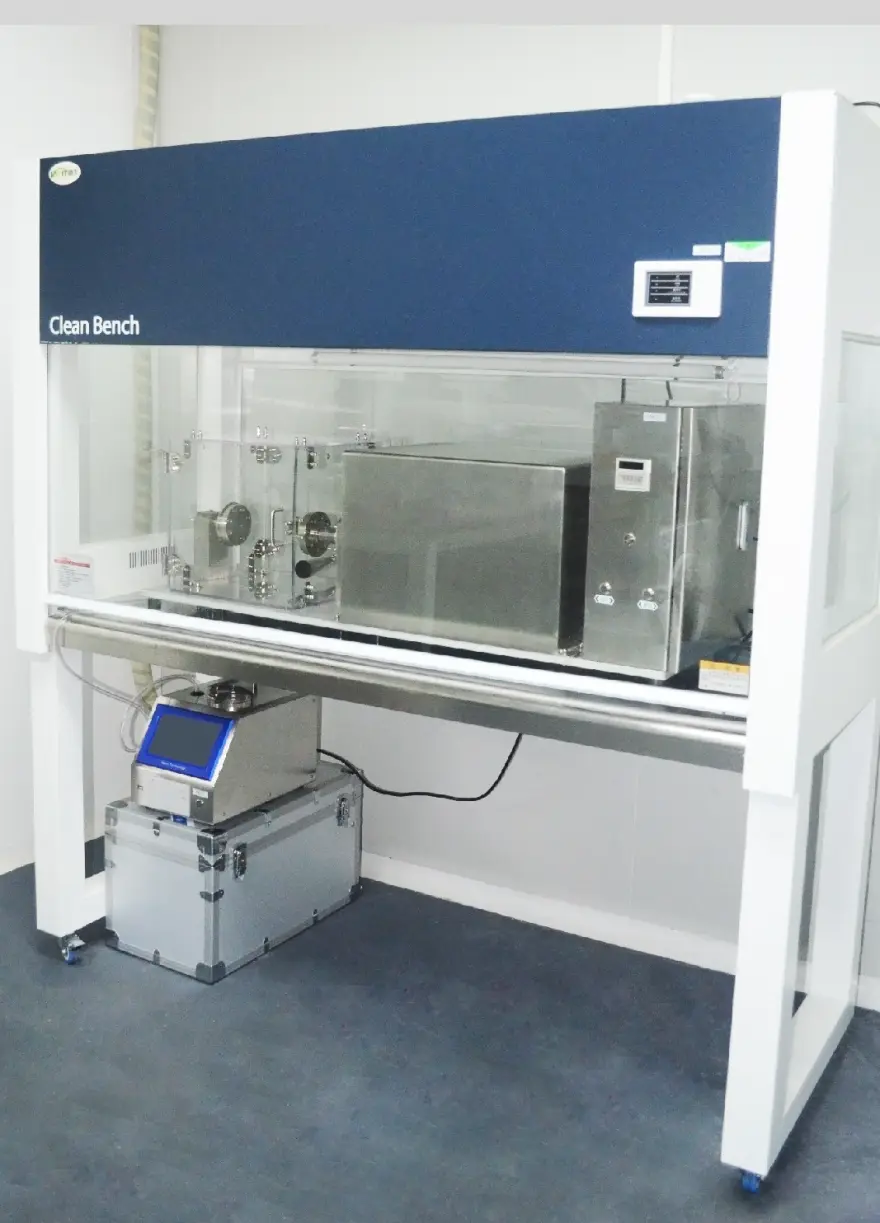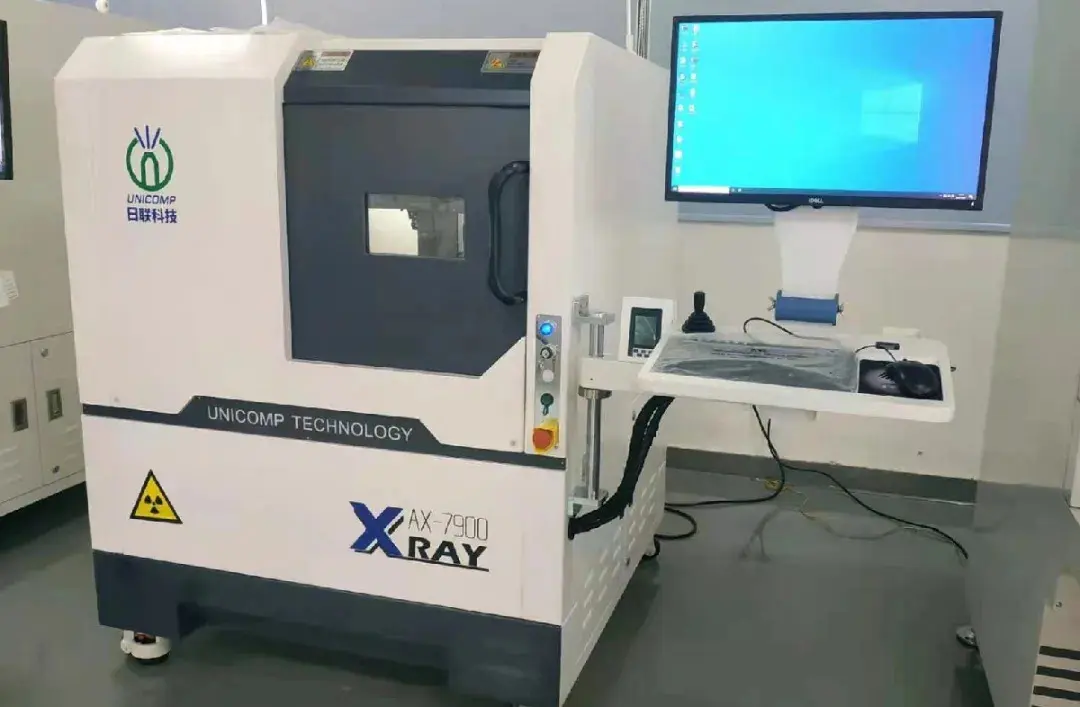
What is EN50155 Certification Testing
The EN50155 certification standard refers to the "Electronic equipment used on rolling stock for railway applications" standard. Ethernet equipment used in railway applications typically operates in narrow and harsh environments, which are susceptible to air pollution, vibration, shock, and electromagnetic interference. Therefore, control electronic equipment installed on railway rolling stock must be certified to the EN50155 standard.
EN50155/IEC50155 applies to all control, regulating, protection, and power supply electronic equipment installed on railway rolling stock. The shock and vibration tests adopted by EN50155 comply with EN 61373 - Railway applications - Rolling stock equipment - Shock and vibration tests. This standard ensures that equipment can withstand vibration and shocks, ensuring its lifespan in specific environments. To meet the requirements, electronic equipment should be designed and mounted with specialized anti-vibration brackets.
Relative Humidity
EN50155 specifies that equipment must endure an average annual relative humidity of 75% and continuous relative humidity of 95% for 30 days. An IP67-rated enclosure is undoubtedly a good solution, providing rugged, waterproof, and moisture-proof protection to prevent any failures caused by environmental factors.
Railway EN50155 Certification and Testing Services
The EN50155 standard for railway transportation products is one of the commonly used testing standards in the railway industry. EN50155:2017 applies to all control, regulating, protection, and diagnostic electronic and electrical equipment used on railway vehicles.
EN50155:2017 testing standards cover environmental adaptability, electromagnetic compatibility (EMC), electrical safety, and performance evaluations.
EN50155:2017 testing standards include two major types of tests: type tests and routine tests.
1. Type Test Contents of EN50155:
1. Environmental adaptability tests: Low-temperature start-up, high-temperature tests, cyclic damp heat tests, long-life vibration, functional vibration, mechanical shock tests.
2. Electromagnetic Compatibility (EMC) tests: Electrostatic discharge, RF electromagnetic field immunity, burst immunity, surge test, conducted immunity, conducted disturbances, and radiated disturbances tests.
3. Safety tests: Insulation resistance and dielectric strength tests (insulation resistance and dielectric strength at normal temperature, and after damp heat exposure).
4. Performance tests: Power interruption tests, power fluctuation tests, overvoltage tests, and voltage variation tests.
5. Other items: Low-temperature storage, salt spray tests, IP protection level, enhanced screening, rapid temperature changes, etc. (These are optional tests that can be negotiated between the manufacturer and the user).
2. Routine Test Contents of EN50155:
Routine tests include visual inspection, power fluctuation, power interruption tests, insulation resistance, and dielectric strength. (Tests like salt spray, vibration, and rapid temperature changes are not required, while others are negotiable).
3. What Type of Testing Do We Normally Perform?
Typically, more type tests are performed. Among the type test items, items 1-4 are mandatory, while item 5 is optional. Most railway terminal users have specific requirements for protection levels, salt spray tests, etc.
4. Are There Differences Between EN50155 and IEC60571 Testing?
The content of the two standards is largely similar, but there are some differences:
1. For high and low-temperature start-up tests, EN50155 requires selecting the conditions based on the product’s environmental conditions, while IEC60571 specifies temperature points, with no need for selection. There are also minor differences in cyclic damp heat tests.
2. For EMC testing, in the radiated immunity and radiated disturbances tests, EN50155 requires testing frequencies up to 6 GHz, while IEC60571 only requires up to 1 GHz.
5. How Long Does It Take to Certify Railway Products for EN50155?
Environmental adaptability testing takes about 10 days (depending on the specific test items). EMC and other tests take approximately 2-3 working days. With many testing items, the testing period is longer, so preparation for certification should begin early.
6. Is It Necessary to Perform All EN50155 Certification Tests?
Theoretically, all type test items required by the standard need to be done, but the specific tests depend on market user needs.
Email:hello@jjrlab.com
Write your message here and send it to us
 Packaging Validation ISO 11607 Test Report
Packaging Validation ISO 11607 Test Report
 What is the ISO 11607-1 Packaging Validation Test?
What is the ISO 11607-1 Packaging Validation Test?
 How to get an ISO 11737-1 Test Report?
How to get an ISO 11737-1 Test Report?
 Orthopedic Implant Cleanliness Testing
Orthopedic Implant Cleanliness Testing
 What is ISO 10993-23:2021 Irritation Testing?
What is ISO 10993-23:2021 Irritation Testing?
 ISO 10993-23 Irritation Testing Laboratory
ISO 10993-23 Irritation Testing Laboratory
 EMI Emissions Testing
EMI Emissions Testing
 EMC Standards for Medical Devices
EMC Standards for Medical Devices
Leave us a message
24-hour online customer service at any time to respond, so that you worry!




